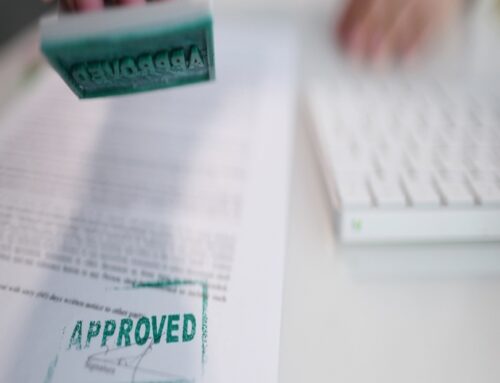
Responding Immediately After the Incident
When your property is damaged or stolen, the shock can leave you feeling unsure about what to do next. The first step is to prioritize your safety. If theft or vandalism occurred, contact law enforcement right away and file an official police report. This report becomes critical evidence for your insurance claim. In the case of property damage caused by fire, water, or natural disasters, secure the area to prevent further harm. Taking photographs or videos as soon as possible allows you to capture the scene accurately before repairs or clean-up alter it. Acting quickly gives you the documentation you’ll need later and demonstrates to your insurer that you took responsible steps immediately after the incident.
Gathering the Right Evidence for Your Claim
Substantial evidence is the backbone of any property damage or theft claim. Beyond the initial photos and videos, collect receipts, warranties, or appraisals that show the value of your damaged or stolen property. If repairs are necessary, save estimates and invoices from licensed professionals. Keeping a detailed inventory of your belongings, whether through a written list or a digital record, can save you significant stress when providing proof of ownership. For theft claims, police reports and witness statements add another layer of credibility. The more detailed and organized your evidence, the less room there is for your insurer to question your losses. Preparing a transparent file of records ensures that when you present your claim, you have all the necessary supporting documents.
Filing Your Claim the Right Way
Once you’ve gathered your documentation, it’s time to notify your insurance company. Be prepared to provide them with the who, what, when, where, and how of the incident. When you speak to an adjuster, stick to the facts and avoid speculation about causes or blame. Insurance companies often record conversations, and small details taken out of context can be used to minimize your payout. Submit your documents carefully and keep copies of everything for your records. Understanding your policy is also key—you need to know what’s covered, what deductibles apply, and whether specific exclusions might affect your claim. Filing your claim with accuracy and attention to detail increases the chances of a smoother process and prevents unnecessary delays.
Dealing with Insurance Adjusters and Common Challenges
After your claim is filed, expect to hear from an insurance adjuster who will assess the damage and determine the payout. Remember that adjusters work for the insurance company, not for you. They may attempt to undervalue your property, argue that some damage existed before the incident, or suggest that certain repairs aren’t necessary. These challenges are common, but being prepared makes a difference. Have your evidence ready and don’t be afraid to push back if the settlement offered doesn’t cover your actual losses. Be cautious about accepting the first offer, as it’s often lower than what you deserve. Staying patient and persistent while communicating clearly with your insurer can help you overcome these hurdles.
Protecting Your Rights with Legal Support
Handling property damage or theft claims on your own can feel overwhelming, especially when you’re juggling repairs, replacements, and the stress of losing valuable belongings. This is where legal guidance becomes essential. At the Law Offices of Julia Sklar, you gain a team committed to helping you understand each stage of the civil litigation process. Whether your case involves disputed property damage, undervalued compensation, or denied claims, you’ll have the guidance you need to secure the compensation you rightfully deserve. Don’t go through this process alone—having strong legal support ensures your voice is heard and your rights are protected. If you’re ready to take the next step, call us today for a free consultation at (818) 904-1597. Let us help you move forward with confidence and peace of mind.




